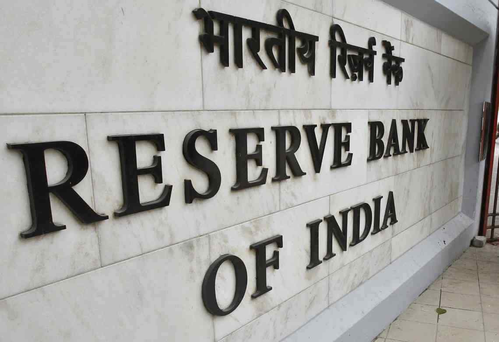India’s financial sector gaining strength from macroeconomic stability: RBI chief

Mumbai, Aug 8 (IANS) RBI Governor Shaktikanta Das said on Thursday that the Indian financial system remains resilient and is gaining strength from broader macroeconomic stability.
He pointed out that the banking sector’s well-capitalised and unclogged balance sheet is reflective of higher risk absorption capacity while the NBFC sector and the Urban Cooperative Banks also continue to show improvements.
Das further stated that in the last few days, global financial markets have seen turmoil on concerns of a growth slowdown in a major economy, a flare-up in geopolitical tensions in the Middle East and the unwinding of the carry trade.
“These developments have implications for emerging market economies. In this context, it would be important for market participants to keep in mind the strength of India’s macroeconomic fundamentals, which remain robust. India has built strong buffers that impart resilience to the domestic economy from such global spillovers. The Reserve Bank remains committed to ensure the orderly evolution of financial markets in its regulatory domain,” the RBI chief said.
However, he also stated that amid the stable financial sector conditions, the emphasis cannot shift away from proactive identification of potential risks and challenges, if any.
In this context, the RBI chief highlighted four issues in the financial sector that need to be kept under close watch.
First, he observed that alternative investment avenues are becoming more attractive to retail customers and banks are facing challenges on the funding front with bank deposits trailing loan growth. As a result, banks are taking greater recourse to short-term non-retail deposits and other instruments of liability to meet the incremental credit demand.
“This may potentially expose the banking system to structural liquidity issues. Banks may, therefore, focus more on the mobilisation of household financial savings through innovative products and service offerings and by leveraging fully on their vast branch network,” Das suggested.
He further observed that the sectors in which pre-emptive regulatory measures were announced by the Reserve Bank in November last year have shown moderation in credit growth. However, certain segments of personal loans continue to witness high growth. Excess leverage through retail loans, mostly for consumption purposes, needs careful monitoring from the macro-prudential point of view. It calls for careful assessment and calibration of underwriting standards, as may be required, as well as post-sanction monitoring of such loans, he added.
The third issue he mentioned is related to home equity loans, or top-up housing loans, which have been growing at a brisk pace. Banks and NBFCs have also been offering top-up loans on other collateralised loans like gold loans. It is noticed that the regulatory prescriptions relating to loan-to-value (LTV) ratio, risk weights and monitoring of end use of funds are not being strictly adhered to by certain entities.
“Such practices may lead to loaned funds being deployed in unproductive segments or for speculative purposes. Banks and NBFCs would, therefore, be well-advised to review such practices and take remedial action,” he pointed out.
The fourth he raised pertained to the recent unprecedented IT outage globally, which affected businesses in many countries. The outage demonstrated how a minor technical change if it goes haywire, can wreak havoc on a global scale. It also showed the fast-growing dependence on big techs and third-party technology solution providers.
“In this background, it is necessary that banks and financial institutions build appropriate risk management frameworks in their IT, Cyber Security and third-party outsourcing arrangements to maintain operational resilience. The Reserve Bank has time and again emphasised the importance of robust business continuity plans (BCP) to deal with such incidents,” Das added.
–IANS
sps/dpb





